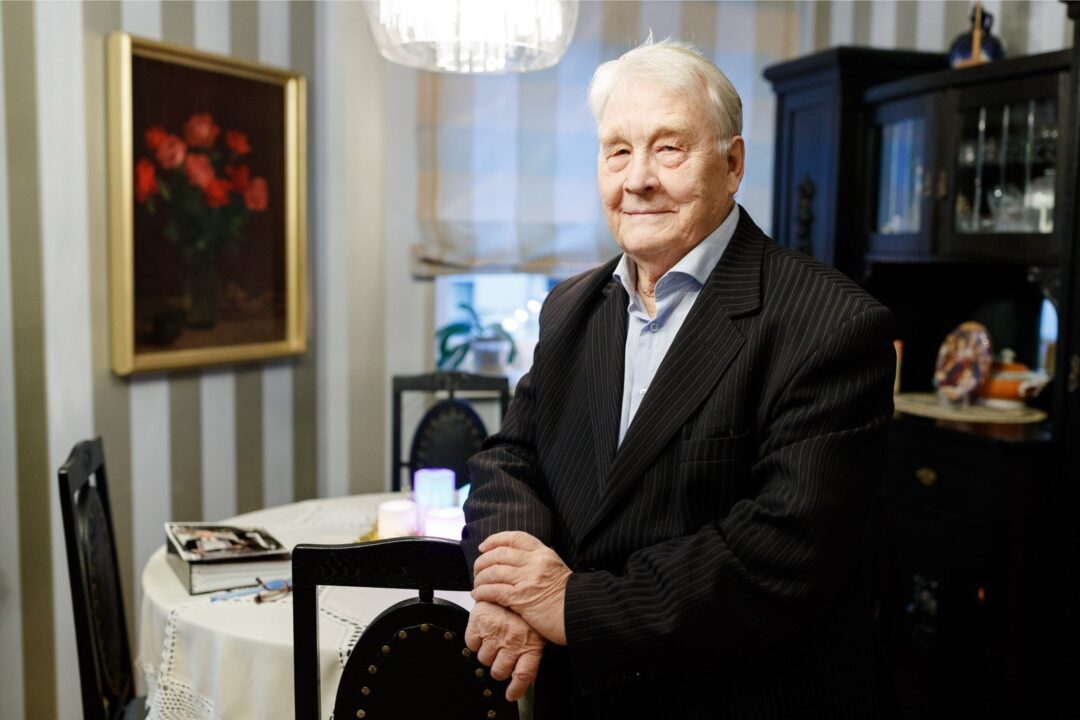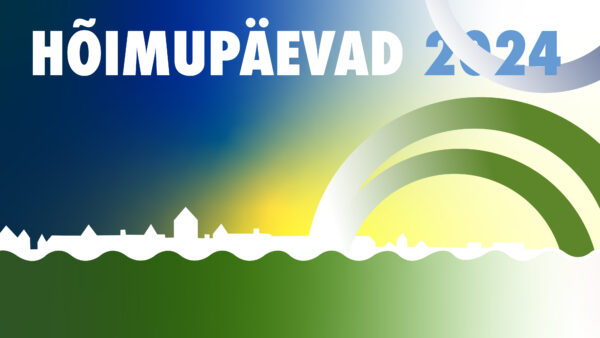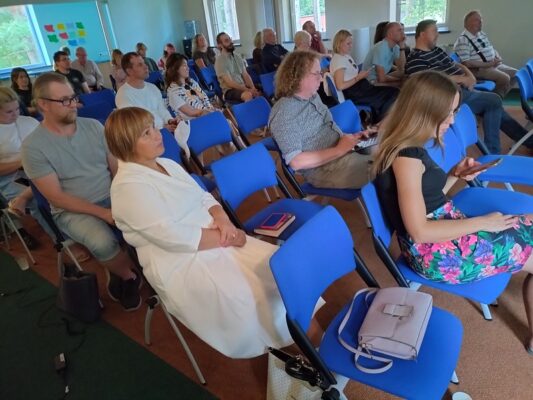In memoriam Arvo Valton (1935-2024)
Writer and promoter of Finno-Ugric cultures Arvo Valton passed away at the age of 88. Valton was also a member of the board of the Fenno-Ugria Foundation between 1995-1998. He was one of the most active founders of Fenno-Ugria, as well as one of the organisers of the Kindred People Days. Arvo Valton was the godfather of the name of the Fenno-Ugria Yearbook ‘Finno-Ugric Nodes’.

Laureate of the Estonian National Lifetime Achievement Award 2024, writer, poet, screenwriter, translator and publicist Arvo Valton (Vallikivi) was a classic of Estonian literature, whose innovative short stories sparked discussions in the 1960s. His work, branching out into various genres, has remained of interest to readers and critics for decades. In 2022, Valton was honoured with the Kindred Peoples Programme Literature Award for his remarkable work in promoting and presenting the literature of the Finno-Ugric peoples.
Finno-Ugric literature
Over the past few decades, he published dozens of books in translation, as well as literary and poetry collections on Finno-Ugric peoples. Valton translated Finno-Ugric literature from various languages, including epics: the Udmurt epic, Mikhail Khudyakov’s Dorvyzhy (2014) , the Mari epic, Anatoly Spiridonov’s Yugorno (2015) , the Komi epic, Kallistrat Zhakov’s Biarmia (2015) and the Mansi epic, Mikhail Plotnikov’s Yangal Land (2016).
Valton compiled the collection of Komi, Mari and Udmurt literature Before Dawn (1996); the collection of poetry by 13 classics Spring Morning (2002); the collection of poetry by 27 authors Summer Day (2004); a collection of works by 118 authors, compiled with Jaan Õispuu Hot Night: Contemporary Poetry of Finno-Ugric Peoples (2006). He compiled the book series Finno-Ugric Women’s Poetry (Tallinn 1998-2002): Ныл йÿкан кумылсем = Four Mari Women (1998); Нёль коми сьылан = Four Komi Women (1998) with Leelo Tungal; Ниле ават – ниле морот = Four Mordvin Women (1998) with Peeter Volkonski; and Ньыль тылскем = Four Udmurt Women (2002) with Ellen Niit and Valeeria Villand.
Valton was the compiler of the series Great Literature of Small Peoples, and together with Nadezhda Pchelovodova produced Азвесь лодка = Silver Boat: Udmurt Poetry Anthology (2005), which includes the works of 152 authors. He also translated the collection of the Udmurt classic Ashalchi Oki My Golden Dolls (2005), and The Tundra Dweller Nentsiko (2005) by the Nenets classicist Prokopy Yavtysyi. Other translations include No Sadness, No Joy (2005) by the Komi poet and founder of Komi literature, Ivan Kuratov; the Komi poet Albert Vaneyev’s The Frozen Rowan Berry (2006), Vladimir Tim’s The Adventures of the Ancient Permic Boy Tikö (2006), and others. Valton’s latest translation, Janos Pusztay’s Samoyed epic Somatu was published in June 2024.
Finno-Ugric themes inspired Valton to write about the history of the Karelians as well as the literature of Finno-Ugric peoples. In 2010, he published Letters on the Birch Bark, which tells the story of the discovery of Karelian letters in Novgorod. In 2018, Views on the Literature of Finno-Ugric Peoples was published, and in 2022 a memoir Finno-Ugric in My Life.
Life’s work
Arvo Valton’s energy and work in promoting Finno-Ugric literature and inspiring young Finno-Ugric poets and translators are invaluable. He sought and found opportunities for them to publish their work in Estonia, Finland, Hungary and France. He was also instrumental in mediating the translation of Estonian literary classics into Finno-Ugric languages. Arvo Valton was one of the founders of the Finno-Ugric Association of Literatures, and was its president from 1998 to 2010. The Association brings together kindred writers, translators and literary scholars and organises congresses of Finno-Ugric writers.
Valton visited kindred writers in Russia as well as brought Finno-Ugric writers to Estonia and organised poetry festivals. In 2015, he founded the Finno-Ugric Literature Fund, which provides creative grants to Finno-Ugric writers. In recognition of his literary activities and Finno-Ugric activism, Arvo Valton was awarded the French Order of Arts and Letters, the title of Honoured Cultural Figure of the Republic of Udmurtia and the Order of the Khanty-Mansi National Community. Valton was awarded the Estonian National Culture Foundation Prize in 2014 and the University of Tartu Prize for National Thought in 2015.
Arvo Valton was a lecturer in the cultural history and literature of Finno-Ugric peoples at Tallinn University and the University of Tartu. In February this year, Arvo Valton was awarded the National Lifetime Achievement Award.
Our deepest condolences to his family!


